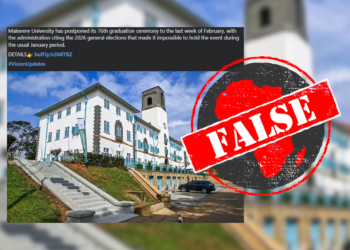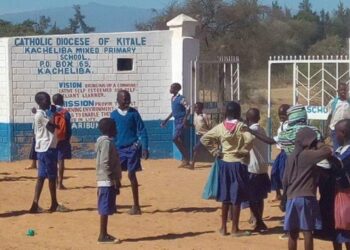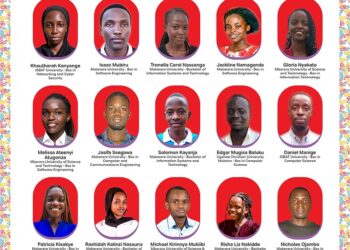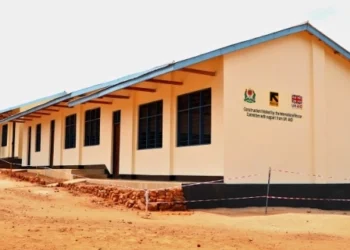Kampala, Uganda – UNICEF has launched a comprehensive initiative to support the education of 5,000 vulnerable girls in Uganda’s West Nile, Lango, and Acholi sub-regions. This effort, funded by the European Union (EU), is part of the Cashplus Programme for Girls in Secondary School, designed to help young women overcome economic and social barriers that threaten their education.
The Cashplus Programme operates under the broader Gender for Development Uganda (G4DU) initiative, a significant EU-backed program aimed at enhancing educational access and gender equity. The initiative targets girls in the districts of Adjumani, Yumbe, Lamwo, Nebbi, Oyam, Madi-Okollo, and Kitgum. Beneficiaries will be enrolled in government-supported Universal Secondary Education (USE) schools and receive financial support to facilitate their academic journey.
With a total budget of €85 million, the G4DU programme is the largest EU and Team Europe flagship initiative in Uganda. The funding is distributed among various implementing partners, including UNICEF, Enabel, KfW, and the Spotlight Initiative. The project seeks to improve education by addressing infrastructure, sanitation, teacher training, school management, and governance.
“This initiative reflects our commitment to gender equality and inclusive development,” stated EU Ambassador to Uganda, Jan Sadek. “By investing in the education and empowerment of Ugandan girls, we are fostering stronger and more equitable communities.”
Dr. Robin Nandy, UNICEF’s Representative in Uganda, emphasized the importance of ensuring that girls complete their education. “Providing financial support can help break cycles of poverty and gender inequality while reducing the risk of teenage pregnancies, which pose significant challenges for young girls in Uganda.”
Comprehensive Support for Girls’ Education
The programme is structured to tackle multiple barriers that prevent girls from completing their secondary education. Each household will receive financial assistance per school term, with additional support allocated for girls with disabilities. This funding covers school fees, educational materials, and other essential needs.
Beneficiary selection was carried out through an extensive six-month assessment, focusing on both Ugandan and refugee girls who completed Primary 7 and passed the 2024 Primary Leaving Exams. The initiative, running from 2025 to 2028, aims to provide consistent and uninterrupted support throughout the girls’ secondary school years.
Beyond financial aid, the programme includes:
Personalized mentorship for girls and their families
Community awareness campaigns promoting the value of education
Engagement initiatives to create a supportive learning environment
Under the G4DU framework, UNICEF will manage €23 million of EU funding to provide:
Performance-based grants for schools
Special support for children with disabilities and teenage mothers
Accelerated learning programs
Training in 21st-century skills
Early childhood education and development services
Social behavior change interventions
“This initiative represents a critical investment in Uganda’s future by ensuring that vulnerable girls receive the education they need to build a brighter future,” a programme official commented.
Through this partnership, UNICEF and the EU aim to create long-term educational opportunities that empower Ugandan girls and contribute to the country’s social and economic development.


















































































 EduTimes Africa, a product of Education Times Africa, is a magazine publication that aims to lend its support to close the yawning gap in Africa's educational development.
EduTimes Africa, a product of Education Times Africa, is a magazine publication that aims to lend its support to close the yawning gap in Africa's educational development.